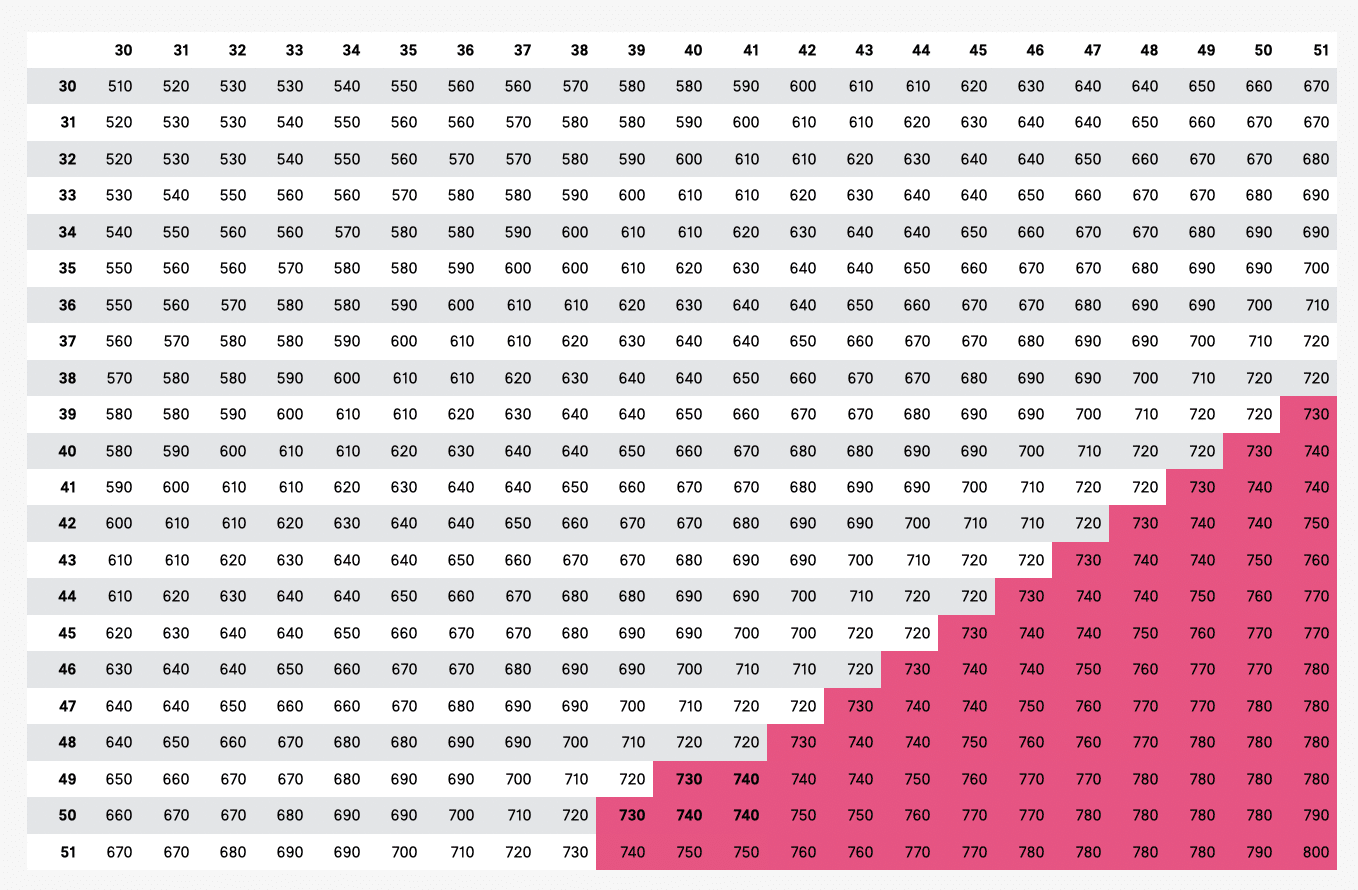The GMAT, or Graduate Management Admission Test, is a standardized exam that assesses a student's ability to succeed in graduate-level business programs. GMAT scores are often a crucial component of MBA admissions and thus can have a significant impact on an applicant's academic and professional future.
Given the test's importance, many students and professionals wonder what constitutes a good GMAT score. The answer to this question, however, is not straightforward, as it depends on various factors, such as the applicant's goals, the schools they wish to apply to, and the competition within their applicant pool. In this blog, we will discuss the GMAT's scoring system, how GMAT scores are used by admissions committees, and what a good GMAT score might look like in different contexts.
Understanding the GMAT Scoring System
The GMAT is a computer adaptive test, which means that the difficulty of the questions presented to a test-taker will vary depending on their performance. The test is divided into four sections: Analytical Writing Assessment (AWA), Integrated Reasoning (IR), Quantitative, and Verbal.
Each section is scored separately, and the scores are then combined to create a total score. The AWA section is scored on a scale of 0-6, in half-point increments, while the IR section is scored on a scale of 1-8 in one-point increments. The Quantitative and Verbal sections are each scored on a scale of 0-60, in one-point increments. The total score is a combination of the Quantitative and Verbal scores, and ranges from 200 to 800 in 10-point increments.
It's important to note that the GMAT is a standardized test, meaning that scores are compared to the performance of other test-takers. The test is designed so that the average score falls around 500, with scores above 600 being considered above average and scores above 700 being considered excellent. However, as we will discuss later, what is considered a good score varies depending on the individual and the schools they are applying to.
How GMAT Scores are Used by Admissions Committees
Admissions committees use GMAT scores as one of many factors in evaluating an applicant's suitability for their MBA program. Other factors that may be considered include undergraduate GPA, work experience, essays, letters of recommendation, and extracurricular activities.
However, GMAT scores can play a significant role in the admissions process, particularly in competitive programs where the applicant pool is strong. A high GMAT score can demonstrate an applicant's ability to handle the rigorous coursework of an MBA program and can help set them apart from other candidates. Conversely, a low GMAT score may raise concerns about an applicant's academic preparedness and ability to succeed in the program.

What is Considered a Good GMAT Score?
As previously mentioned, what is considered a good GMAT score depends on the individual and the schools they are applying to. For example, a score of 700 may be considered excellent at some schools, while at others, a score of 750 or above may be necessary to be competitive.
Additionally, what is considered a good score may depend on the applicant's background and experience. For example, a candidate with a strong undergraduate GPA and several years of work experience may be able to compensate for a slightly lower GMAT score than a candidate with less impressive academic and professional credentials.
Another factor that may impact what is considered a good score is the applicant's desired program. For example, some MBA programs place a greater emphasis on quantitative skills and may require a higher score on the Quantitative section of the GMAT.
Ultimately, what is considered a good score is subjective and varies depending on a variety of factors. However, to provide some context, below are some rough guidelines for what is considered a good GMAT score at different levels:
- Score of 600-650: Below average, but still may be competitive at some schools.
- Score of 650-700: Above average, and likely competitive at most schools.
- Score of 700-750: Excellent, and likely to be competitive at top-tier schools.
- Score of 750 or above: Exceptional, and may be necessary to be competitive at the most selective MBA programs.
It's worth noting that some schools may have minimum GMAT score requirements, so it's important to research the requirements of the programs you're interested in and aim to score at or above the minimum threshold.
Conclusion
In summary, the GMAT is an important component of the MBA admissions process, and what is considered a good score depends on a variety of factors, including the individual's background and experience, the schools they are applying to, and the desired program. While a good GMAT score can help set an applicant apart, it's important to remember that it's only one piece of the puzzle, and admissions committees will also consider a variety of other factors in making their decision.
As with any standardized test, preparing for the GMAT can greatly impact an individual's score. Many test-takers opt to take a GMAT prep course, either in-person or online, to help them prepare for the exam. Additionally, there are many GMAT prep materials available, such as study guides, practice tests, and flashcards, that can help individuals improve their scores.
It's also worth noting that while the GMAT is an important component of the MBA admissions process, it's not the only factor that matters. Admissions committees consider a variety of factors when evaluating applicants, and a strong GMAT score is just one of many pieces of the puzzle.
In conclusion, a good GMAT score is one that is competitive for the schools and programs an individual is applying to. While there are rough guidelines for what is considered a good score, ultimately, what matters most is how an individual's score compares to those of other applicants to the same programs. By preparing thoroughly and strategically targeting schools and programs that are a good fit for their experience and goals, test-takers can maximize their chances of success in the MBA admissions process.

Here are some Frequently Asked Questions (FAQs) about what is considered a good GMAT score:
What is a good GMAT score?
A good GMAT score is one that is competitive for the schools and programs an individual is applying to. While there are rough guidelines for what is considered a good score, ultimately, what matters most is how an individual's score compares to those of other applicants to the same programs.
How are GMAT scores used by admissions committees?
Admissions committees use GMAT scores as one of many factors in evaluating an applicant's suitability for their MBA program. Other factors that may be considered include undergraduate GPA, work experience, essays, letters of recommendation, and extracurricular activities.
Is there a minimum GMAT score required for MBA programs?
Some MBA programs have minimum GMAT score requirements, so it's important to research the requirements of the programs you're interested in and aim to score at or above the minimum threshold.
Can a strong undergraduate GPA or work experience compensate for a lower GMAT score?
Yes, a strong undergraduate GPA and work experience can help compensate for a lower GMAT score. Admissions committees consider a variety of factors when evaluating applicants, and a strong GMAT score is just one of many pieces of the puzzle.
Is the GMAT the only factor that matters in the MBA admissions process?
No, the GMAT is not the only factor that matters in the MBA admissions process. Admissions committees consider a variety of factors when evaluating applicants, and a strong GMAT score is just one of many pieces of the puzzle.





